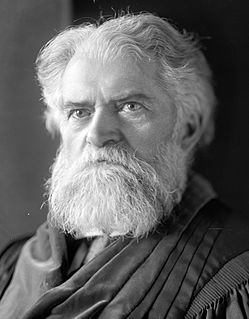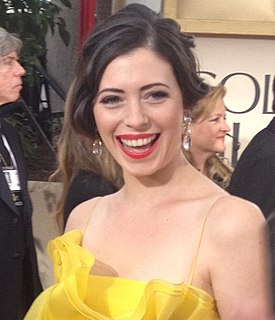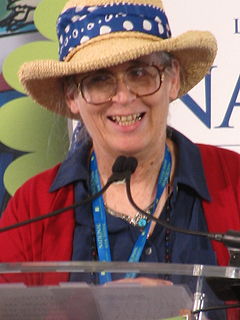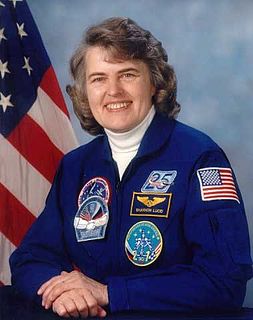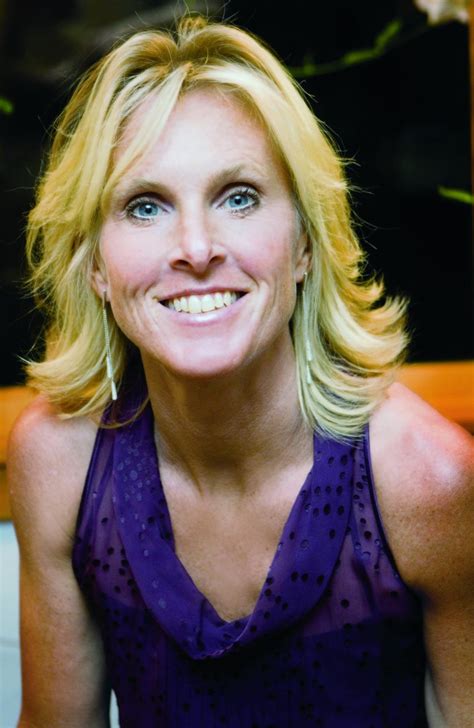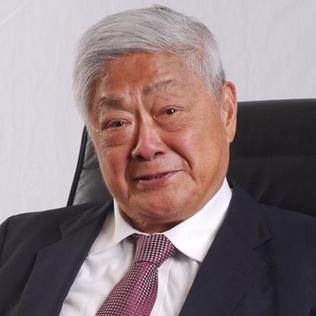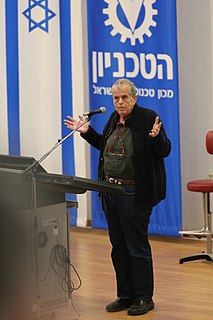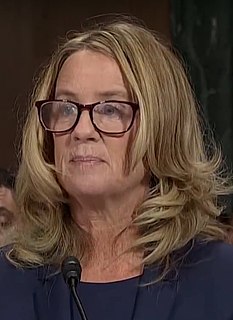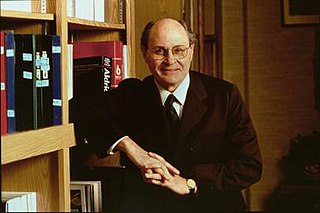A Quote by Simon Newcomb
In 1858 I received the degree of D. S. from the Lawrence Scientific School, and thereafter remained on the rolls of the university as a resident graduate.
Quote Topics
Related Quotes
Towards the end of the military service, I had to make what I assume has been the most important decision in my career: to start a residency in clinical medicine, in surgery, which was my favorite choice, or to enroll into graduate school and start a career in scientific research. It was clear to me that I was heading for graduate school.
